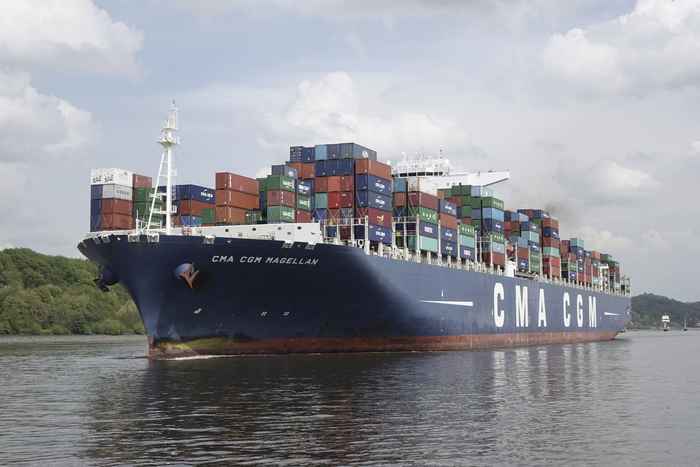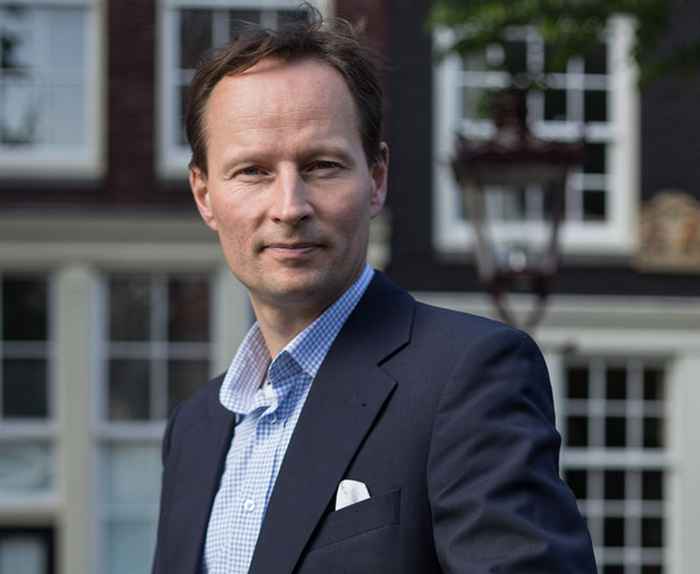AmmoniaDrive: Towards ammonia as a viable renewable shipping fuel
7 July 2022

The world economy depends on enormous ships for transport and offshore operations. Running on heavy fossil fuels, these ships make a substantial contribution to global CO2 emissions and air pollution. The level of pollution is comparable to that of a large country like Germany. When it comes to alternative shipping fuels, a lot of potential may exist for renewably produced (‘green’) ammonia. Its energy density is larger than that of hydrogen, so that a vessel does not have to carry huge volumes of fuel to cross the globe. Adding to this, liquid hydrogen has to be stored at cryogenic conditions of –253 °C, whereas ammonia can be stored at a much less energy-intensive –33 °C.
However, a number of issues has to be resolved to realize these prospects. Successful application of ammonia as a maritime fuel is highly challenging due to its complex combustion properties, concerns about the effects on the marine environment and safety of the crew, as well as economic barriers. The AmmoniaDrive project sets out to establish whether a combination of a so-called Solid Oxide Fuel Cell (SOFC, generating electricity for auxiliaries and/or propulsion) and an Internal Combustion Engine (driving the propulsion) might be a good, efficient, clean, affordable, and above all safe, solution. The broader goal is to develop the use of ammonia as a maritime fuel into a viable option for fully decarbonising global shipping.
Assessing techno-economic feasibility

The AmmoniaDrive research is carried out by a large consortium of researchers from academia and industry, led by Prof. Rudy Negenborn at TU Delft (department of Maritime and Transport Technology). It has a total budget of over three million euros and involves nine PhD candidates. One of these will work under the supervision of Prof. Bob van der Zwaan at the University of Amsterdam’s Van ‘t Hoff Institute for Molecular Sciences, assessing the techno-economic feasibility of the AmmoniaDrive system and analysing the business case for ammonia as a renewable fuel. Building on the expertise of Van der Zwaan (both as professor of sustainable energy technology at UvA and as principal scientist at TNO Energy Transition), this PhD will update and apply the learning curve for SOFCs; develop the learning curve for green ammonia production and project the associated levelized cost of ammonia production into the future; determine the costs of the overall AmmoniaDrive system; and assess the impact of potential cost reduction as well as CO2 taxation on the competitivity of the system against incumbent and alternative future systems.